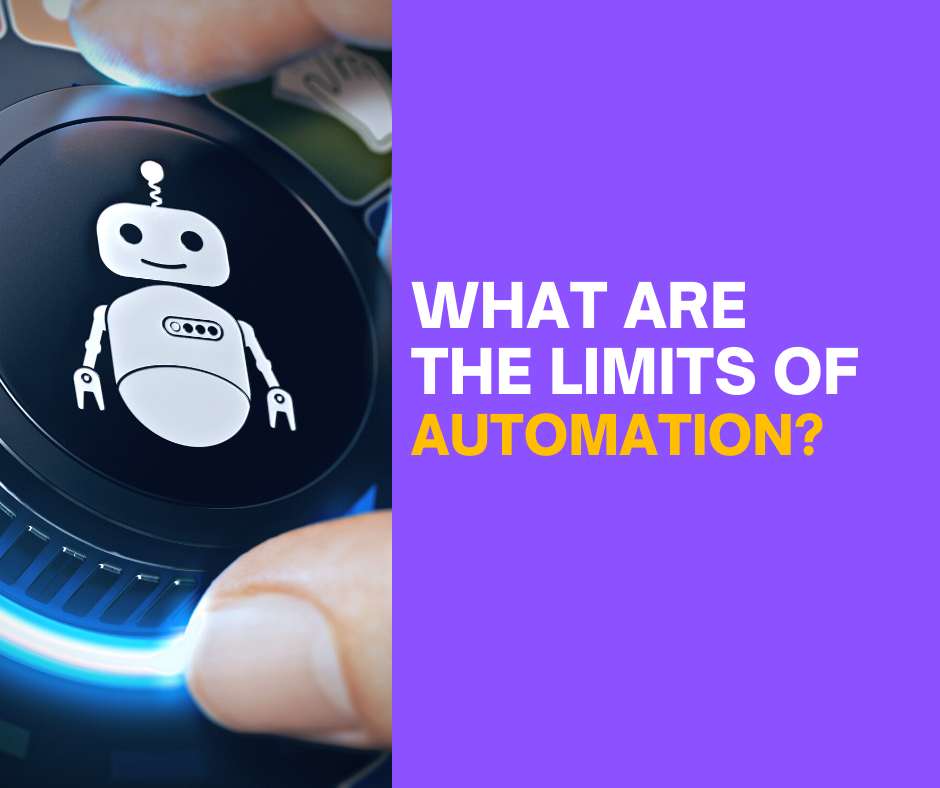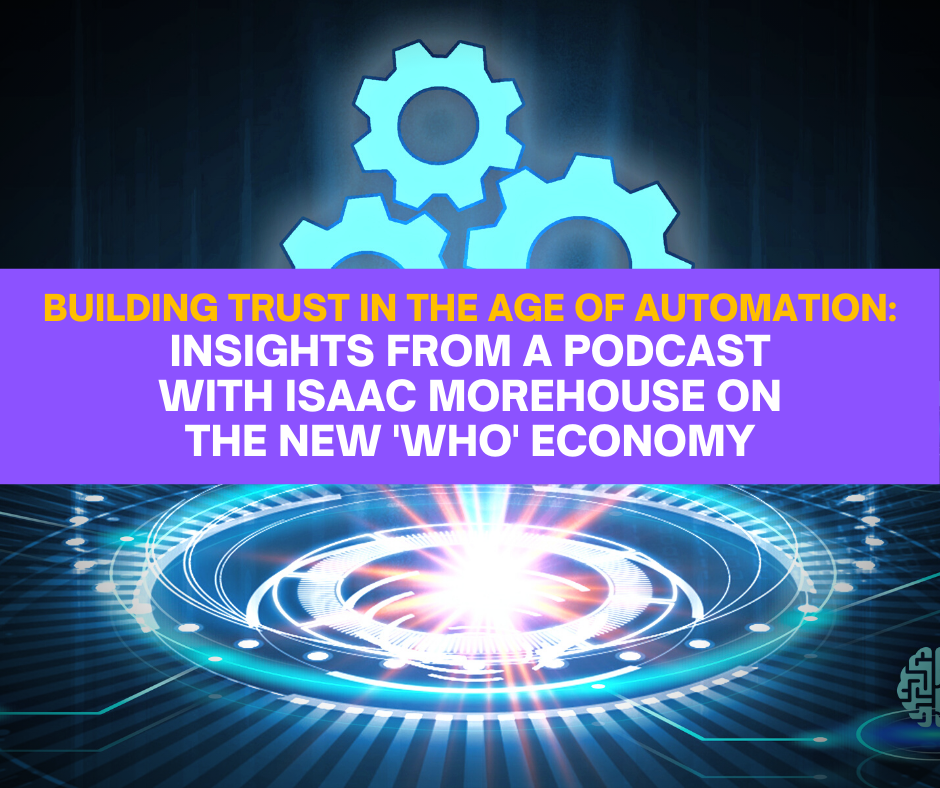In a business landscape brimming with cold calls, automated emails, and impersonal LinkedIn messages, genuine relationships can sometimes feel like a distant memory. But my recent podcast with Isaac Morehouse, Co-Founder of PartnerHacker, reminded me that true, trust-based partnerships are more vital than ever. Our conversation delved deep into the intricacies of today’s economy, emphasizing the irreplaceable role of trust and value-added benefits in forming lasting business relationships.
The ‘How’ vs. ‘Who’ Economy
Traditional approaches to business relationships often revolve around a “HOW” economy, focused on the methods and tactics used to generate leads, such as cold calling or sending bulk emails. In contrast, Morehouse and I discussed the emergence of a “WHO” economy, where trust and existing relationships are the pillars upon which businesses build their future.
This “WHO” economy is not just about who you know; it’s about who you trust and who trusts you. In today’s overwhelming world filled with too many ‘HOWs,’ people gravitate toward individuals and organizations offering value-added benefits grounded in trust, intelligence, and influence.
Value-Added Benefits: More than Just Transactions
Today, clients are increasingly interested in what businesses can offer beyond the product or service itself. Trust is not just a side benefit; it’s a value-added component that can make or break a partnership. In the form of unique insights or specialized knowledge, intelligence also enriches these relationships. Moreover, a company’s influence can be leveraged to create beneficial opportunities for all parties involved. Lastly, an extensive network allows for introductions to other valuable contacts. Together, these elements form a compelling package that many find irresistible.
Nearbound Strategy: Harnessing Trust for Successful Journeys
Morehouse’s “Nearbound Strategy” explores using trust to guide customers’ buying journey. According to Canalys, there are 28 distinct moments in the typical buying process. Morehouse posits that understanding and incorporating these moments into your strategy is essential for building a successful, trust-based business.

The Limits of Automation
Automation has merits, but customers feel overwhelmed when strategies are maxed out on artificial intelligence, automated emails, and marketing gimmicks. Morehouse asserts that people are reverting to a state where they rely on those they trust, seeking partnerships founded on intelligence, introductions, and influence.
The Future is Going Deep, Not Broad
Even as AI and machine learning become more sophisticated, the human element in business transactions remains irreplaceable. Morehouse and I believe the future lies in deepening existing relationships rather than casting a broad but superficial net. While AI can assist in maintaining and even extending relationships based on past behaviors, there is no algorithm for trust or genuine human connection.
Are you in tune with the new “WHO” economy? Are you leveraging your trust, intelligence, influence, and network for value-added benefits? It’s now time we shifted our focus from a mere numbers game to one based on the quality of relationships. Because at the end of the day, it’s not just about who you know—it’s about who you trust and who trusts you.

